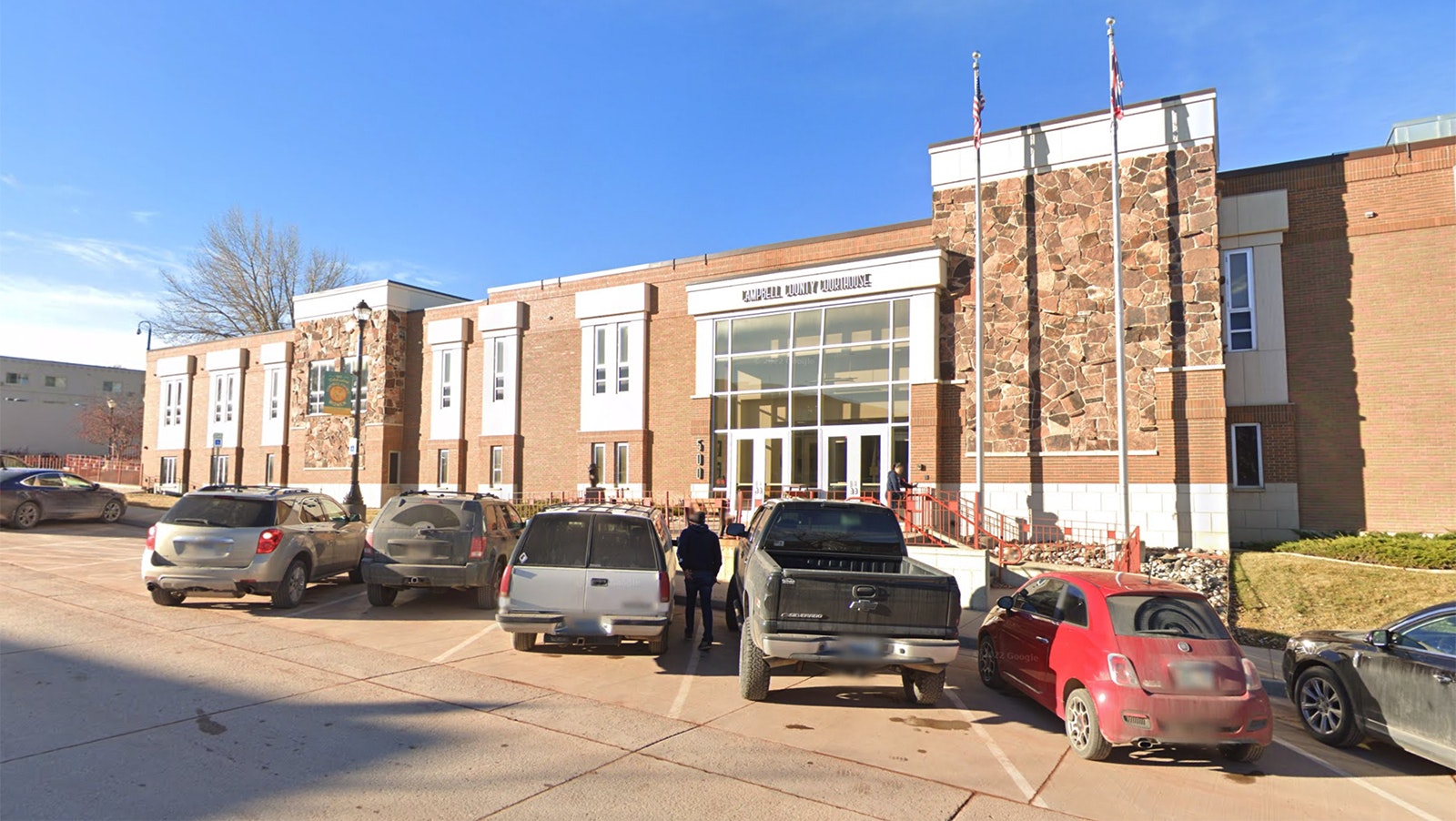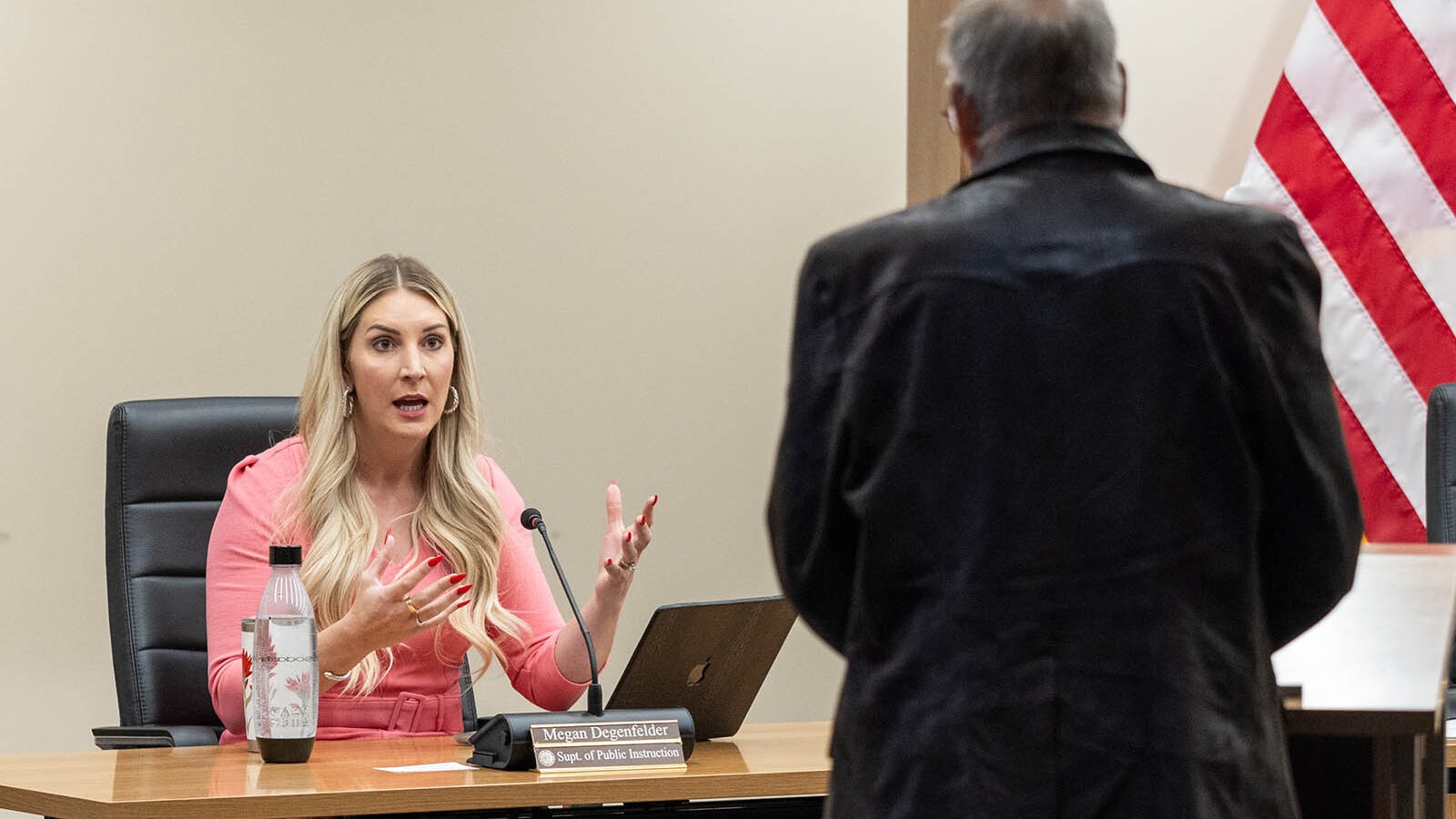A Wyoming judge has dismissed the lawsuit of a Gillette, Wyoming, atheist who sued his city and mayor for not representing atheists proportionately with invocations before public meetings.
Bruce Williams’ 186-page legal complaint against officials of the city of Gillette and Mayor Shay Lundvall did not link his allegations to recognized legal claims, Campbell County District Court Judge Stuart S. Healy III ruled last week.
The Wyoming Legislature has not paved the way for the kind of lawsuit Williams attempted, Healy continued, adding that the city and mayor have sovereign immunity against being sued and Williams didn’t show that any of the known exceptions to that privilege apply in this case.
These Things, Please
Williams filed his legal complaint March 27 to accomplish numerous things. According to court documents, Williams wanted:
- $24.24 million in damages.
- For Gillette to quit using Pastor’s Fellowship and/or the Ministerial Association to decide who could give invocations at public meetings.
- For the court to have the city assign invocations on a proportional basis, representing all known religions and non-religious entities in Wyoming.
- For the court to order all Gillette elected officials to remain in the room and rise for all invocations.
- For any government official delivering an invocation to make it non-sectarian.
- For the court to forbid the city from limiting “foul language.”
- For the court to forbid the city from imposing time limits on invocations, except “reasonable” time limits.
- For the court to ban the Pledge of Allegiance from invocations until Congress removes the phrase “under God” from it.
Lundvall filed a motion to dismiss Williams’ lawsuit April 17.
Williams responded 10 days later, asserting the Wyoming Constitution’s promises of religious liberty and equal protection to clarify his position.
The parties argued over whether to dismiss the case July 27.
Because, Sovereign Immunity
Healy’s order says that though Williams argued that Lundvall and Gillette don’t have sovereign immunity in this case, he failed to demonstrate that.
Williams had pointed to an 1879 U.S. Supreme Court case Langford vs. United States that had, for a time, eliminated the doctrine of sovereign immunity.
“Plaintiff makes what he construes to be the logical leap that given the fact that Langford was controlling law in 1890 (when Wyoming became a state), the drafters who wrote the State Constitution, and the voters who ratified it, must have intended for the State constitutional claims to be exempt from the doctrine of governmental or sovereign immunity,” wrote Healy.
But Williams didn’t take it a step further and launch a challenge of the constitutionality of the Wyoming laws describing the state’s sovereign immunity framework, the judge continued, though Williams argued that the doctrine simply didn’t apply to his claims against the city of Gillette.
“Plaintiff also argues, without citation to pertinent authority, that no one who violates the Constitution should be entitled to immunity,” Healy added.
Grace Went This Far
Judges are supposed to give grace to litigants who file cases pro se; that is, without an attorney helping them.
But grace wasn’t enough to get this case through the court, Healy wrote.
“The court is cognizant of, and sensitive to, the challenges faced by those who desire to bring their grievances before the court, but who lack the funds to retain counsel or the formal legal training required to present their arguments as an attorney would present them,” wrote Healy.
He quoted prior case law, adding, “However, ‘the Court (isn’t)’ obligated to frame the issues for the parties or consider issues not supported by cogent argument and citation to legal authority.”
Clair McFarland can be reached at clair@cowboystatedaily.com.





